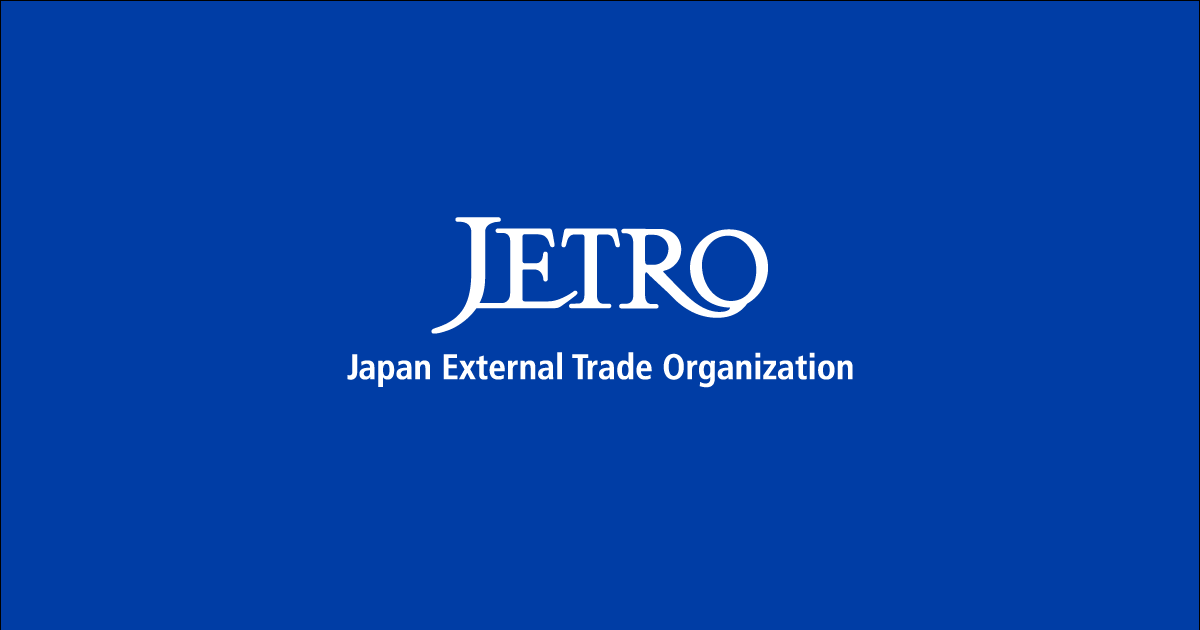According to the World Trade and Investment Report 2023 by the Japan External Trade Organization (JETRO), world commerce is faltering as a result of a myriad of worldwide conflicts and geopolitical dangers. The report signifies that enduring rigidity in Ukraine, an uptick in commerce restrictive measures, and the unsure relationship between the U.S. and China are undermining the rules of free commerce.
Traditional commerce relationships, as soon as fashioned primarily based on financial effectivity and comparative benefit, at the moment are shifting in the direction of nations sharing political alignments. This pattern is discernible among the many world’s main economies and areas.
A sturdy funding restoration pattern that lasted for almost two years started to wane within the latter half of 2022. The reversal was largely prompted by a spate of crises together with excessive inflation, surging rates of interest, and escalating debt. Countries just like the U.S. and the EU at the moment are in full competitors to lure strategic industries utilizing sizeable fiscal incentives.
The report additional means that self-centric, inward-looking industrial insurance policies and growing apprehension about potential provide chain disruptions are basically altering company funding behaviors.
The proliferation of country-specific insurance policies and laws, primarily spurred by financial safety and provide chain resilience, has created uncertainty for companies buying and selling globally. In some circumstances, this has stifled commerce transactions’ progress and diversification. The report means that firms must bolster their readiness for turbulent laws and devise methods that span past typical commerce administration.
Significant shifts are noticed in insurance policies and companies aimed toward making a sustainable society. In 2022, world Environmental, Social, and Governance (ESG) bond funding confirmed indicators of slowing down as a result of heightened monitoring and regulation.
The European Union’s Carbon Border Adjustment Mechanism (CBAM) has been applied, and the worldwide introduction of carbon pricing is evolving. The report emphasizes that calculating greenhouse fuel emissions is turning into an unavoidable activity for firms worldwide. As the enterprise setting continues to alter quickly, companies are urged to organize for a variety of points, together with provide chain changes primarily based on geopolitical dangers and managing reputational dangers.


